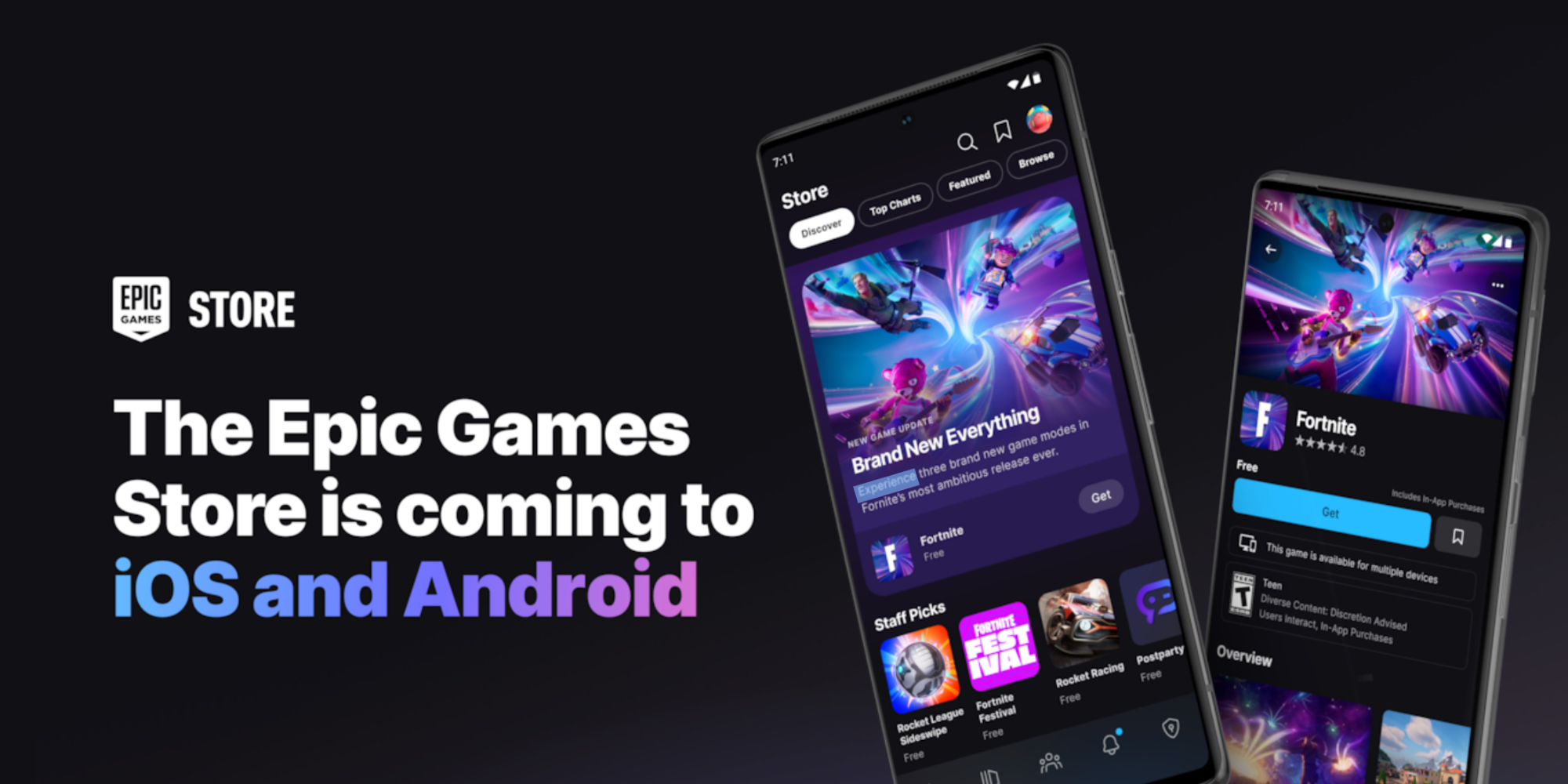What you need to know
- Epic Games, the creators of Fortnite, seeks another lawsuit against Google — and now Samsung — for anti-competitive practices against third-party downloads.
- This new suit concerns Samsung’s “Auto Blocker” feature, which is reportedly “designed to prevent competition,” per Epic’s CEO Tim Sweeney.
- Epic delivered a draft of its 42-page suit to Samsung.
- A jury sided with Epic in its initial lawsuit against Google in December 2023 concerning anti-competitive Play Store practices.
Epic Games is taking its crusade for third-party app stores to Google (again) and Samsung.
The latest lawsuit reportedly concerns Samsung’s “Auto Blocker” feature on devices running One UI 6 and up. According to The Verge, the feature is turned on by default on Galaxy devices, preventing users from downloading/installing “unauthorized” apps. This extends to third-party app stores, too, to which Epic states there is “no process” for an outside party to “authorize” itself.
Epic’s CEO Tim Sweeney states, “the thing’s not designed to protect against malware, which would be a completely legitimate purpose. The thing’s designed to prevent competition.”
The Verge contacted Samsung for confirmation about Auto Blocker’s functions, which it neither confirmed nor denied. However, Samsung spokesperson Chris Langlois stated, “contrary to Epic Game’s assertions, Samsung actively fosters market competition, enhances consumer choice, and conducts its operations fairly.”
The gaming company reportedly approached Samsung to create a “whitelisting” process for Auto Blocker. This would’ve relieved the strenuous “21-step process” awaiting users looking to get around the automatic safety feature. Talks fell by the wayside and now Epic has delivered a draft of its 42-page lawsuit against Samsung and Google.
The latter is wrapped in this because of its alleged antitrust practices against third-party stores similar to Samsung. What’s more, Epic purports that Samsung colluded with Google to create its Auto Blocker feature — but there’s no proof.
Regardless, Google has denied such allegations. Its head of security for Android, Dave Kleidermacher stated, “Google did not request that Samsung create their Auto Blocker feature.”
The publication reports that Epic is seeking a jury trial once again. Additionally, Sweeney states this fight, like its initial battle with Google, is for “all developers, not just Epic.”

Epic’s fight against Samsung regarding its anti-competitive “Auto Blocker” isn’t new as the company’s CEO voiced his displeasure over the summer. Sweeney played a similar tune to its earlier fight with Google stating in a tweet, “this change obstructs users from installing competing stores…”
Epic was able to parade around a victory against Google in its antitrust case about the Play Store in December 2023. A jury unanimously agreed that Google’s Play Store operated as a monopoly and employed antitrust practices against other developers. The start of that battle was the result of Epic adding its own payment system, namely for purchasing V-Bucks for Fortnite.
During the hearing, it was stated that the Play Store was responsible for “95% of Android downloads.” Seen as “dominance,” Epic stated Google played rough with developers and smartphone makers who may have challenged them. The latter denied such theories, stating its stronghold benefits users.
As The Verge also noted today (Oct 2), this victory verdict for Epic in 2023 didn’t involve “Unknown Sources” or third-party apps/stores. With this newfound lawsuit narrowing its scope for both Google and Samsung, Epic might find itself back in the courtroom.
